No dispute, we as a human race, definitely influence negatively on nature. In the last hundred years the number of people on earth has tripled, we occupy 40% of the earth's territory, the average annual air temperature increased by 0.7 degrees Celsius, glaciers are melting and the tropical rainforests disappear in smoke and fire. We fill the rivers and the ocean with garbage. The famous "Great Pacific garbage patch" has reached the size of Texas. In this regard, many species of animals have been extinct, and over 5.200 animal species around the world are pre-extinct. We literally ate the whole species of animals - like a peaceful bird Dodo or Steller's sea cow. If you look into the sky you will see that there are fewer birds. My friend asked me some time ago: "Do you notice that there are no more sparrows like before?" In the last 400 years, 104 species of birds have disappeared, and the number of existing ones has drastically decreased.
But against this terrifying statistics there are individuals and groups of people, enthusiasts and environmental organizations of experts and nature lovers. They give hope. In various parts of the world disturbed ecosystems are slowly returning to normal.
This is such a story, a positive example of how things can still be restored to normal, a story of a griffon soup that was again returned to its habitat in the beautiful Canyon of the river Uvac.
Griffon vultures (Gips fulvus) in the Canyon of the river Uvac
Two years ago, we spent a couple of days on Mount Zlatar. Near the mountain there is the Special Nature Reserve "Uvac", which is known for returning griffon vultures to this part of Serbia. We carried binoculars, happy to meet these fantastic birds.
But, what actually happened to these birds? The Uvac Canyon has always attracted these birds, when their habitat is damaged due to the creation of artificial lakes, the number of griffon vultures has decreased considerably. At the beginning of the nineties of the last century, the livestock fund, due to the difficult financial situation that has hit Serbia, has been significantly reduced. So they did not have enough food. Also, pests have been deliberately poisoned. Poisoned dead pests are also foods to these eagles, so griffon vultures died because of the effects of that poison. The consequences were catastrophic, so there remained only seven pairs of this kind in this area.
Manastirin - the place of feeding the griffon vultures.
Local population and naturalists were worried and in 1994 it was founded Foundation for the Protection of Birds of Prey "Beloglavi sup". This organization has designated a place to feed griffon vultures - Manastirin. Continuous bodies of dead animals were brought. In 2007, more than 60 tons of food was delivered to this place. Thanks to regular nutrition, the number of griffon vultures increased to 67 nesting pairs, or about 300 individuals (2007). Thus, the colony of this unique bird species became the largest in the Balkans and one of the larger in Europe. (Source: http://zlatarinfo.rs)
More information about griffon vultures
We were very excited to meet these huge birds, whose wings range is up to 3 meters. Their flight was so powerful as sailing through the air. We just kept silent and amazingly gazed their flight. The scene was fantastic! We didn't feel the time passed. Someone photographed, someone looked through binoculars, someone simply watched. I was surprised the number of people who came to watch griffon vultures. They became a real tourist attraction.
We are part of nature and nature is part of us. This connection is inseparable. This is only one story of a great struggles of good people not only for the survival of animals, but also the preservation of nature for all of us. I believe you all know at least one more example. If so, there is hope.
Protecting eagles from the threat of extinction is a conservation success story that we must prudently safeguard for future generations to come. Frances Beinecke
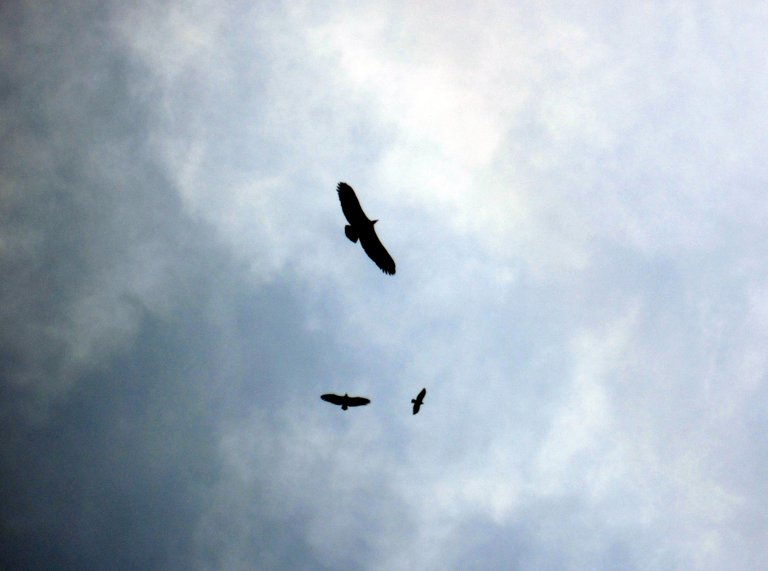
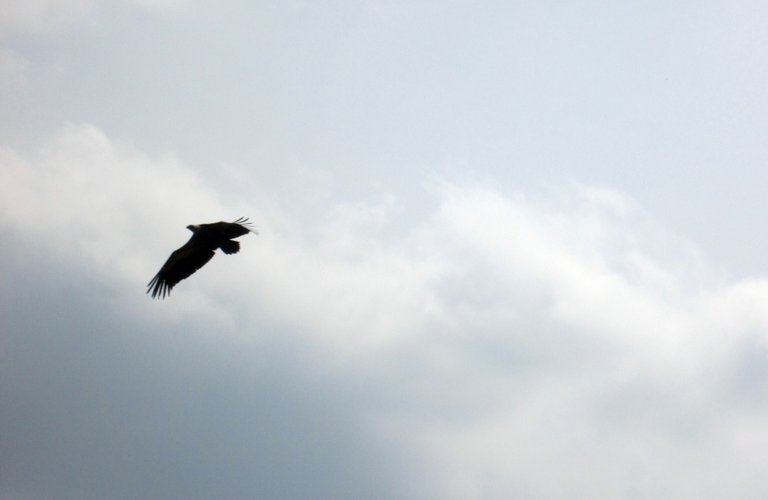
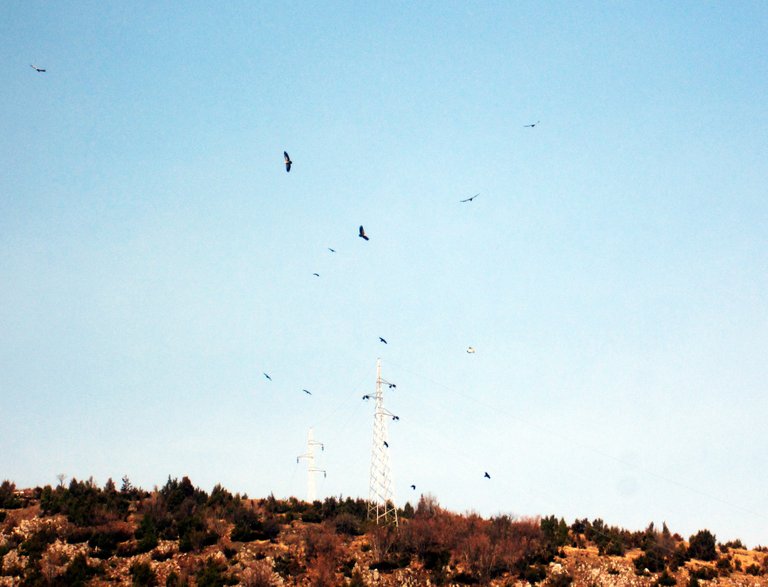
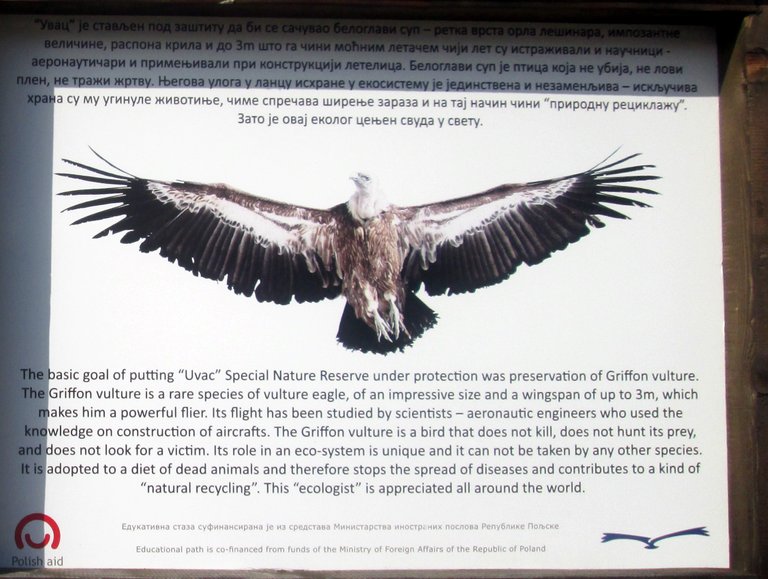
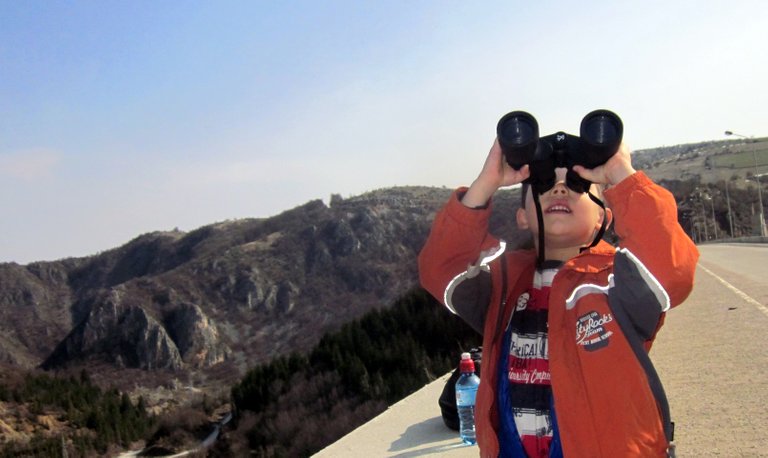
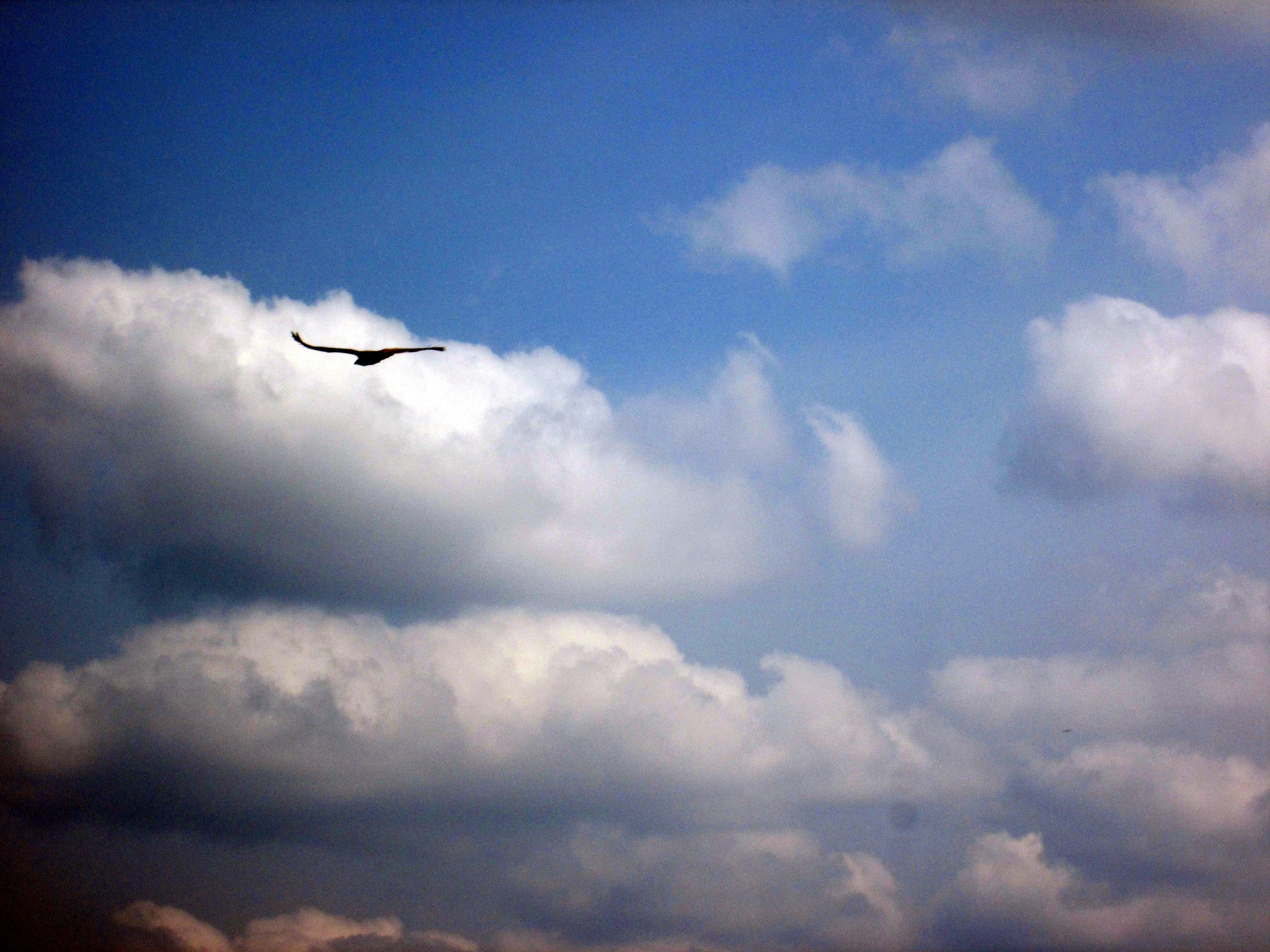.JPG](https://images.hive.blog/768x0/https://steemitimages.com/DQmP7qFrkhHQbiipYRm6ACfB9QJcXMZSaz1zZDcxdX513aQ/IMG_2063.JPG)
Odlična reportaža, koliko sam mogla da razumem. Planiramo ove godine da posetimo kanjon Uvca i sa kopna i sa vode.
Hvala @mari.ana! :) Ovo je kod Uvačkog jezera gde ima dosta orlova. Odatle idu brodići do onog čuvenog vidikovca sa kog se vide uklješteni meandri. Uživaćete!!! :)
Bravo! Post u pravo vreme, nakon smrti poslednjeg belog dinosaurusa.
U Bugarskoj (Studen Kladenec) su imali isti problem, da su sve ptice nestale. Već par godina se vraćaju ali ne gnezde se, samo budu neko vreme i idu put turske negde.
Long live nature!
Hvala @svemirac ! Problema je mnogo, ali bitno je i da se makar neki od njih rešavaju. Simpatična i humana priča je što su naši ljudi unosili rode u svoje kuće sada kada je naišao ovaj hladan talas. Long live nature! :)
Great article. We need more like these. Upvoted, followed and resteemed!